Lab Members
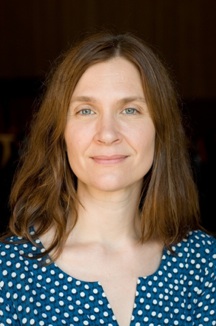
Jesse Snedeker
Professor
sne[email protected]
Please click here to be redirected to Dr. Snedeker’s webpage!

Hanna Shine
Lab Manager
[email protected]
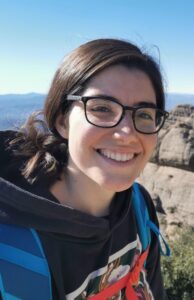
Irene Canudas Grabolosa
Postdoctoral Researcher
I’m a postdoctoral researcher investigating the intricate connection between language and cognition. My primary focus lies in dissecting the fundamental conceptual elements that play a crucial role in scaffolding language acquisition. My recent projects include work on understanding of logical structure and quantification in infancy, as well as children’s understanding of alternative possibilities. Currently, my research revolves around exploring how events and event roles (agent, patient…) are represented in the absence of language.
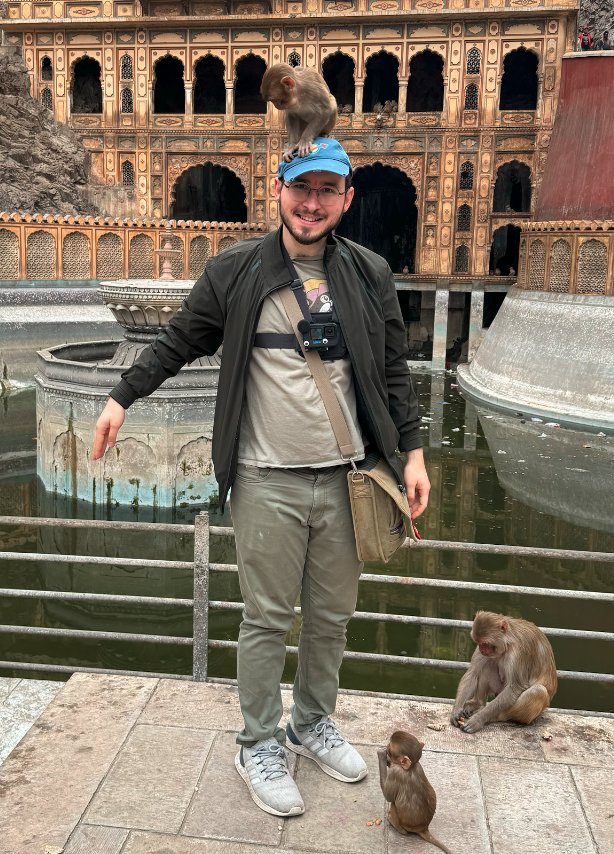
Victor Gomes
Postdoctoral Researcher
I study word learning and am interested in what it can tell us about how we represent meaning. My primary focus has been on words associated with logical meanings, like negation (“not”) and quantification (“each” and “every”), and I often draw inspiration from perception and philosophy. I hope to develop a better understanding of the challenges that such words pose to word learning, as well as how children learn them in spite of such obstacles.
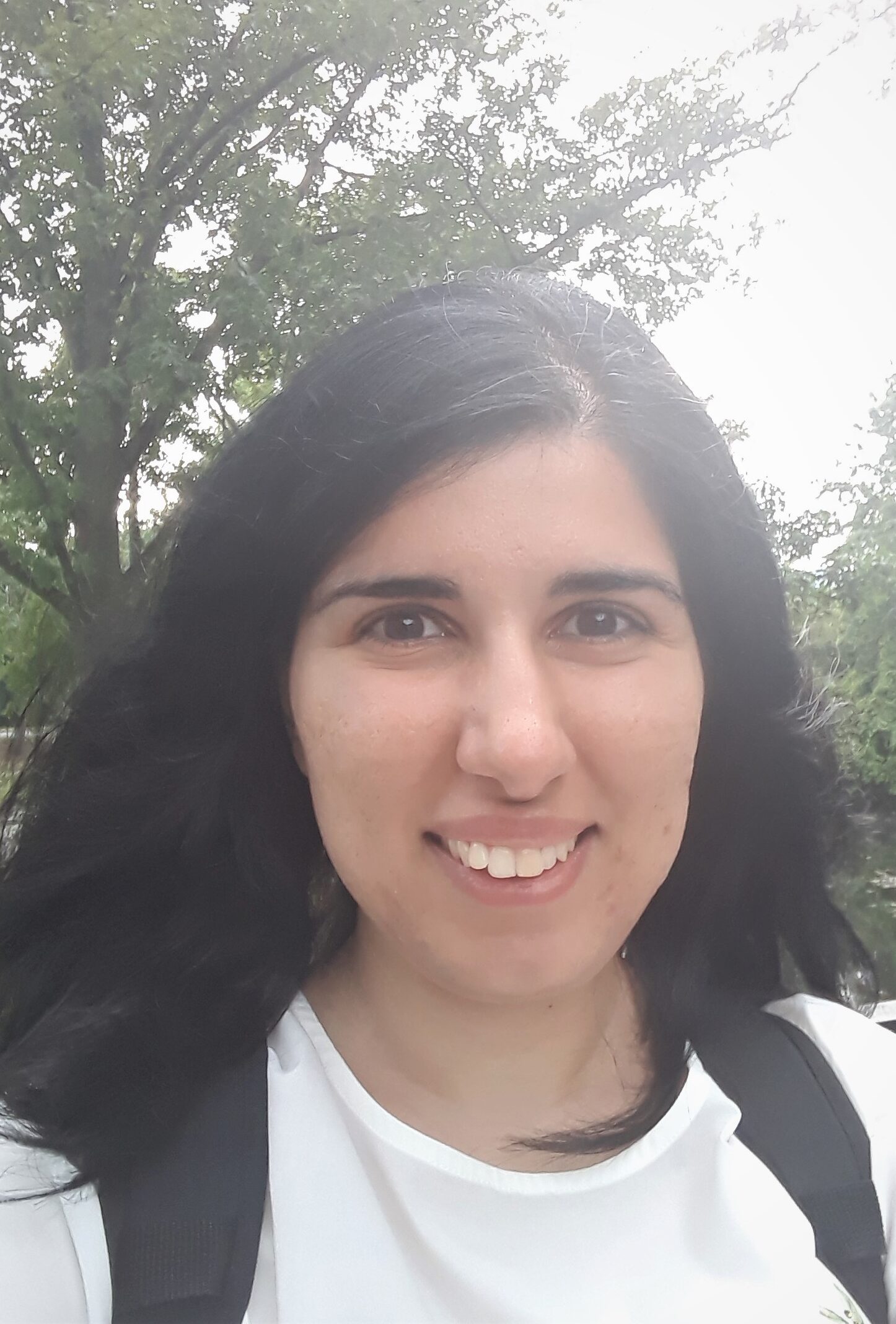
Simge Topaloğlu
Graduate Student (G5)
My research focuses on the acquisition of semantics, specifically on how young children converge on an adult-like interpretation of sentences with complex semantic content. I am also interested in finding out whether and how children are able to integrate multiple sources of linguistic information (prosody, pragmatics, etc.) to comprehend sentences.

Maggie Kandel
Graduate Student (G5)
I am interested in studying language acquisition as a way to investigate the fundamental properties of human language as well as the mechanisms responsible for language comprehension and production.
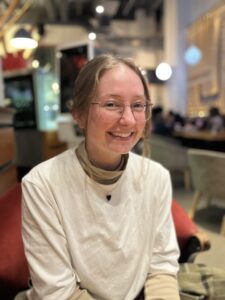
Briony Waite
Graduate Student (G2)
I am interested in how children understand language in real time. Specifically, my research focuses on understanding the cues that children use to recognize and retrieve words in context, for example, while listening to a story. I study the role of prediction in this process, or anticipating words before encountering them, and how predictive processes might change over development.
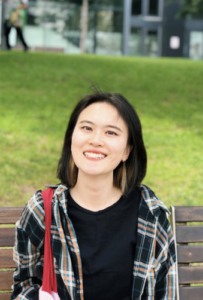
Yuhui Huang
Graduate Student (G2)
…
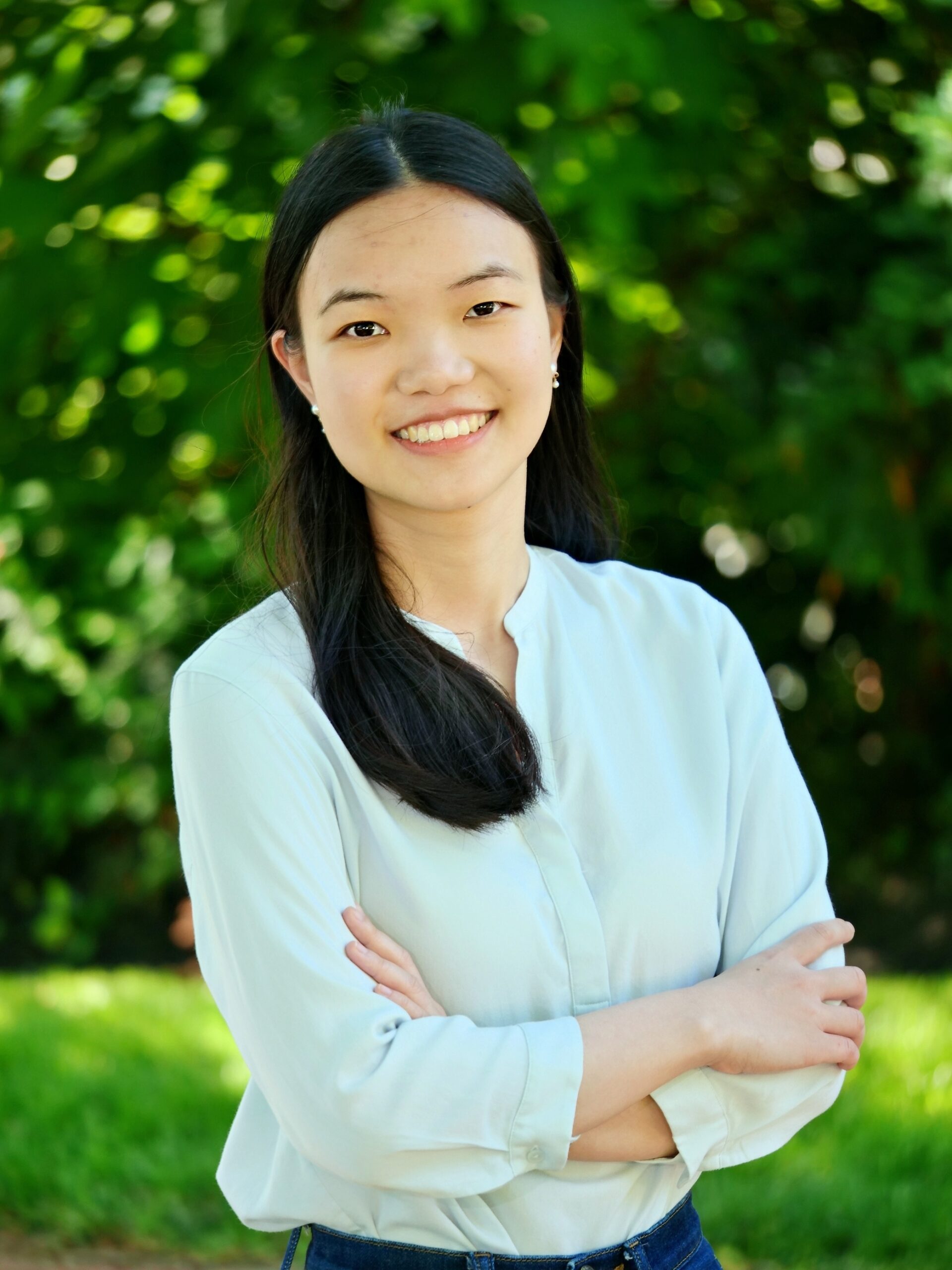
Lily Zhu
Graduate Student (G1)
I am interested in early compositional thinking and its relationship to language acquisition. My research explores the conceptual building blocks of thought, the structured relations that allow these elements to combine, and how such structured representations are mapped onto compositional language.
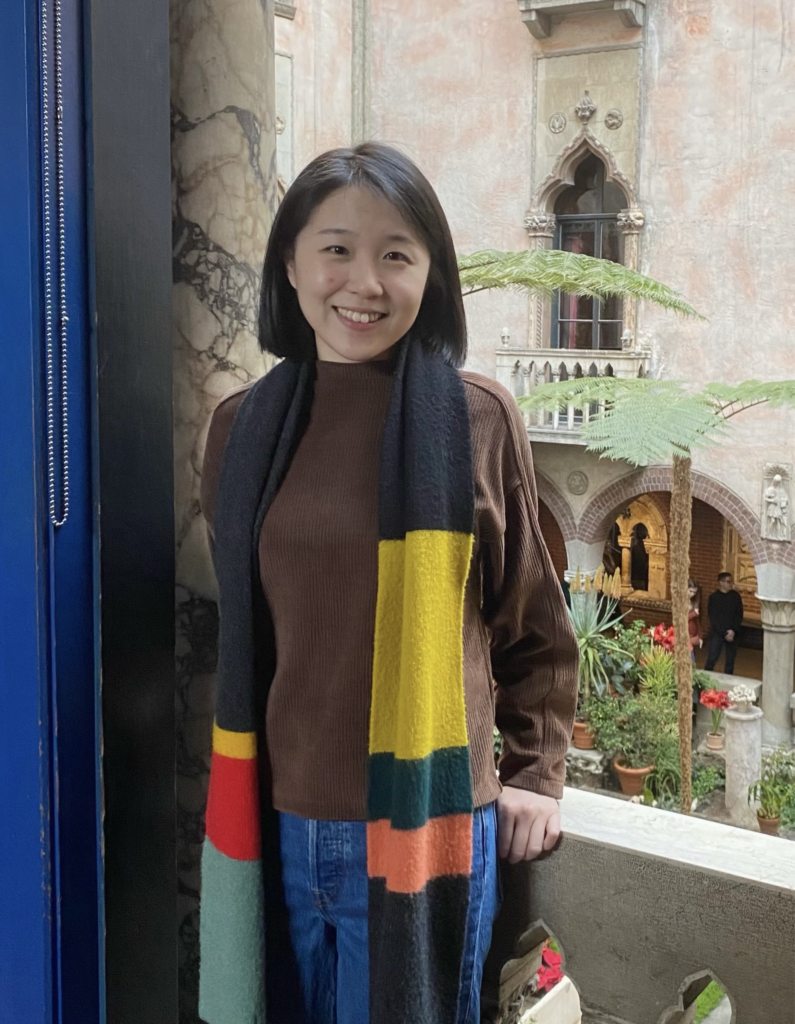
Jian Cui
Linguistics Graduate Student (G3)
I am interested in theoretical and experimental phonology, as well as phonological acquisition, specifically in how developmental evidence can shed light on the theoretical framework of phonology.
Research Assistants (2024-2025)

Nora Mitchell
Harvard College ’27
…

Iris Lewis
Post-Bacc RA
…
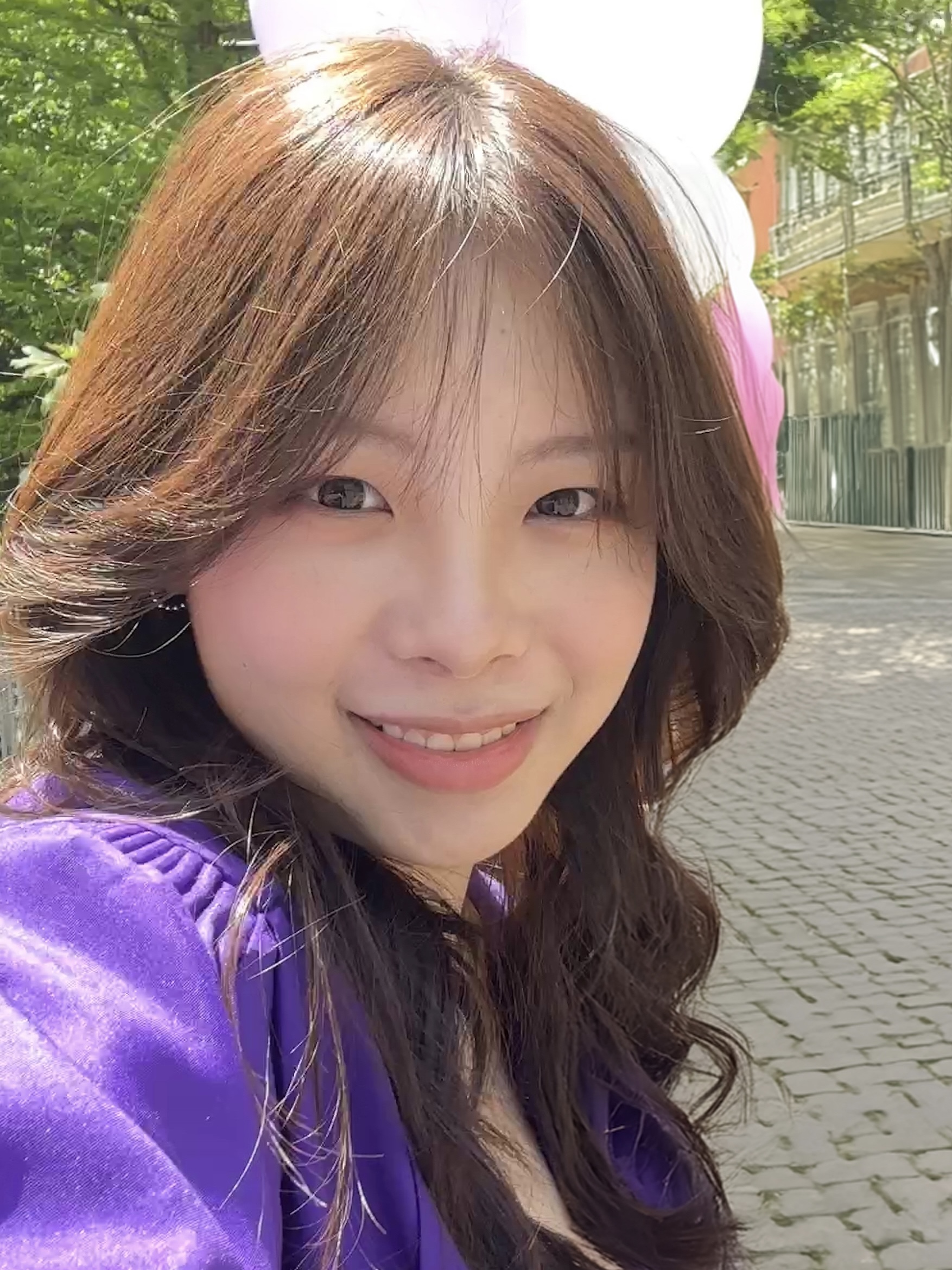
Weiwei Tan
Harvard Graduate School of Education ’25
…
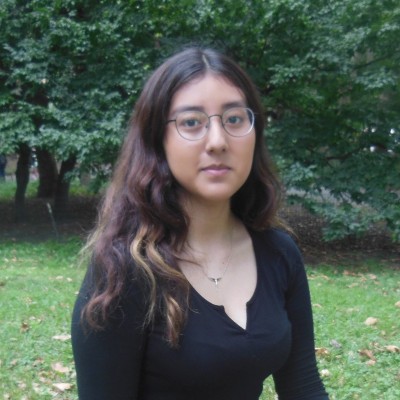
Britney Balseca
Harvard College ’27
…
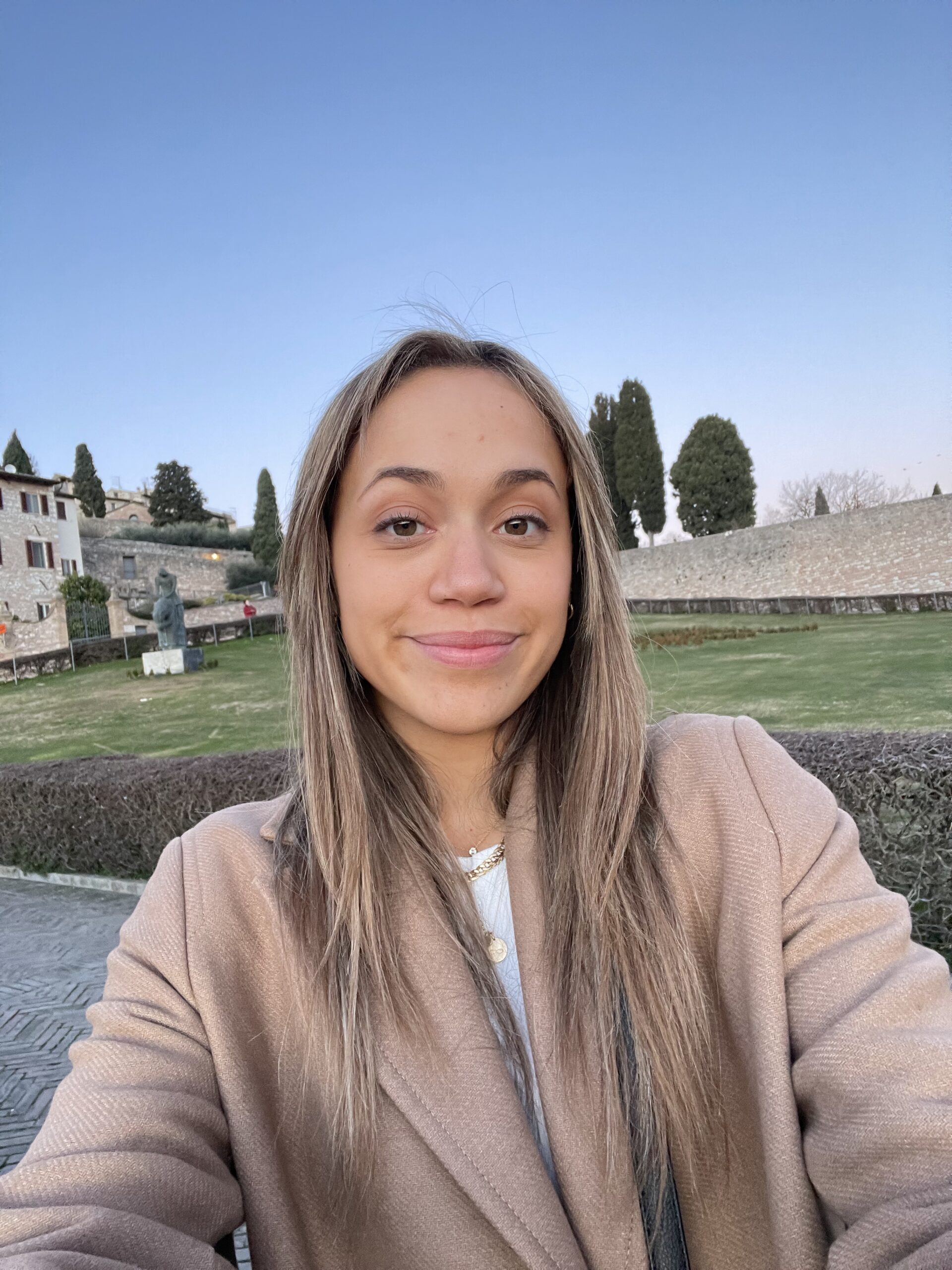
Maxine Bailey
Post-Bacc RA
…

Yasmine Frojmovic
Harvard Psychology Masters ’26
…
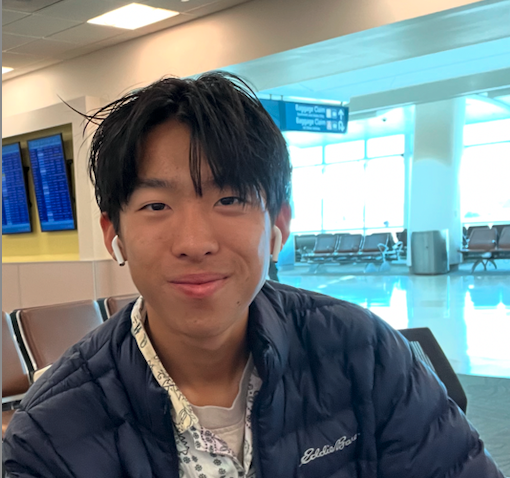
Chris Miyai
Boston University ’27
…

Samantha Fuchs
Post-Bacc RA
…
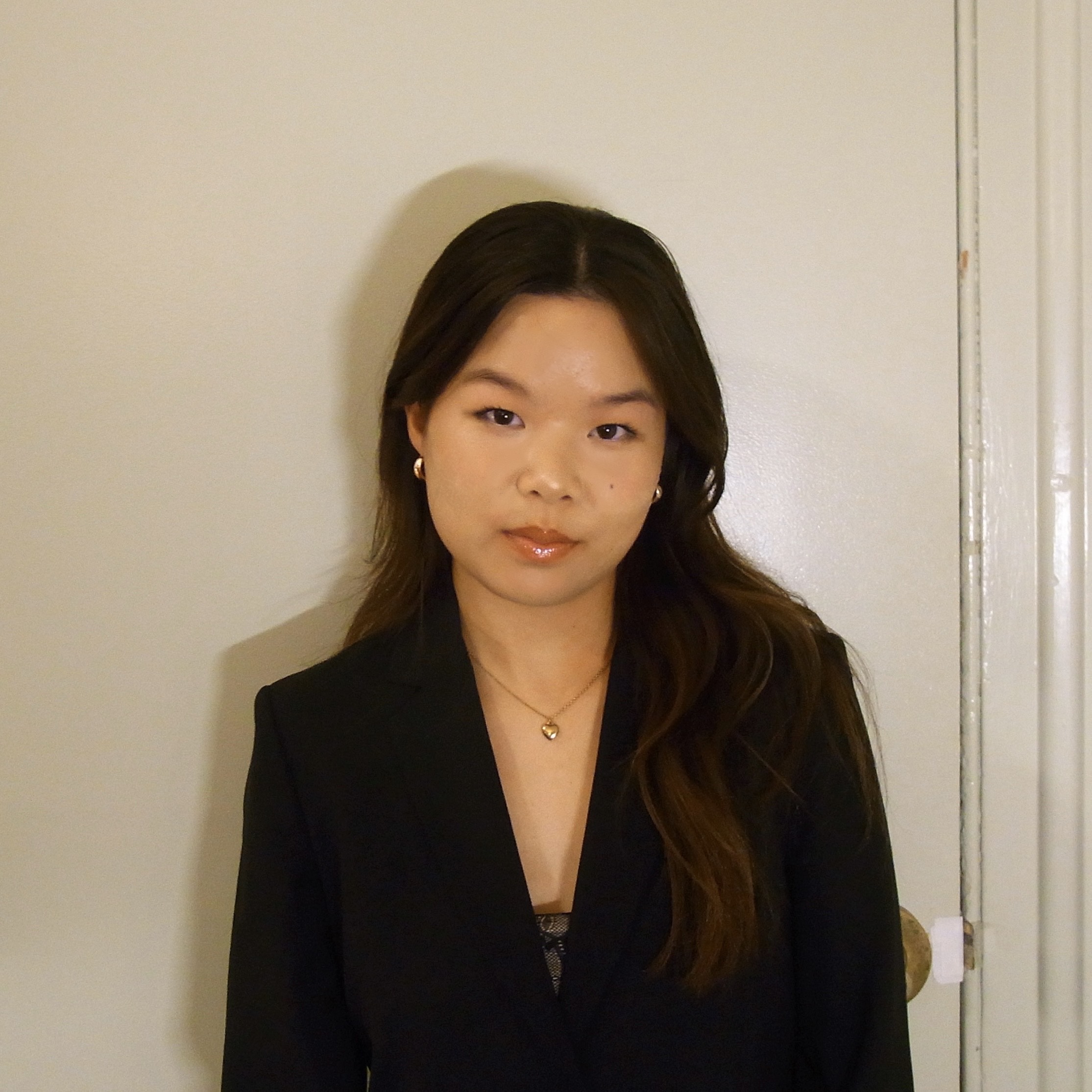
Kerrie Zhu
Harvard College ’28
…
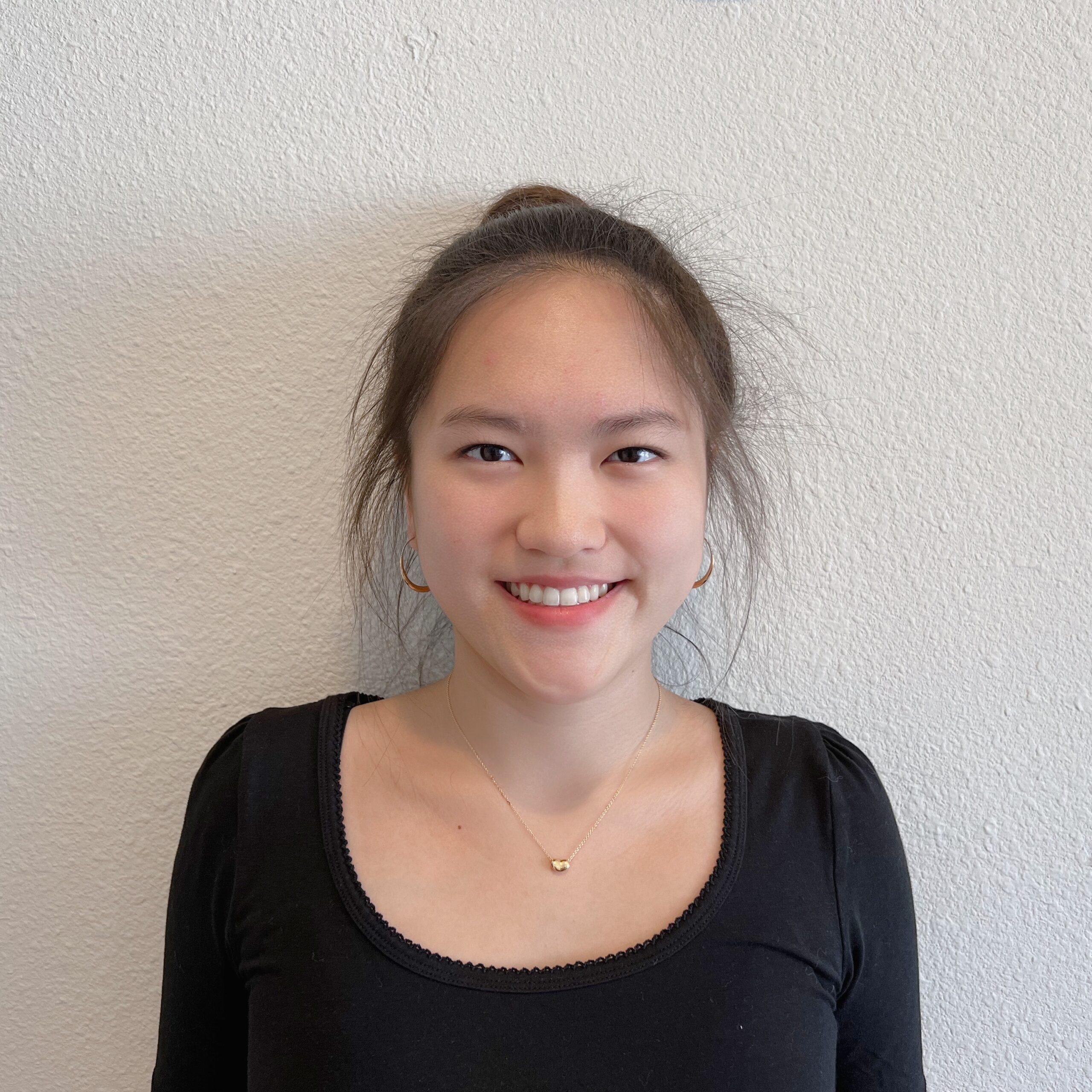
Hsi-Er
Wellesley College ’26
…
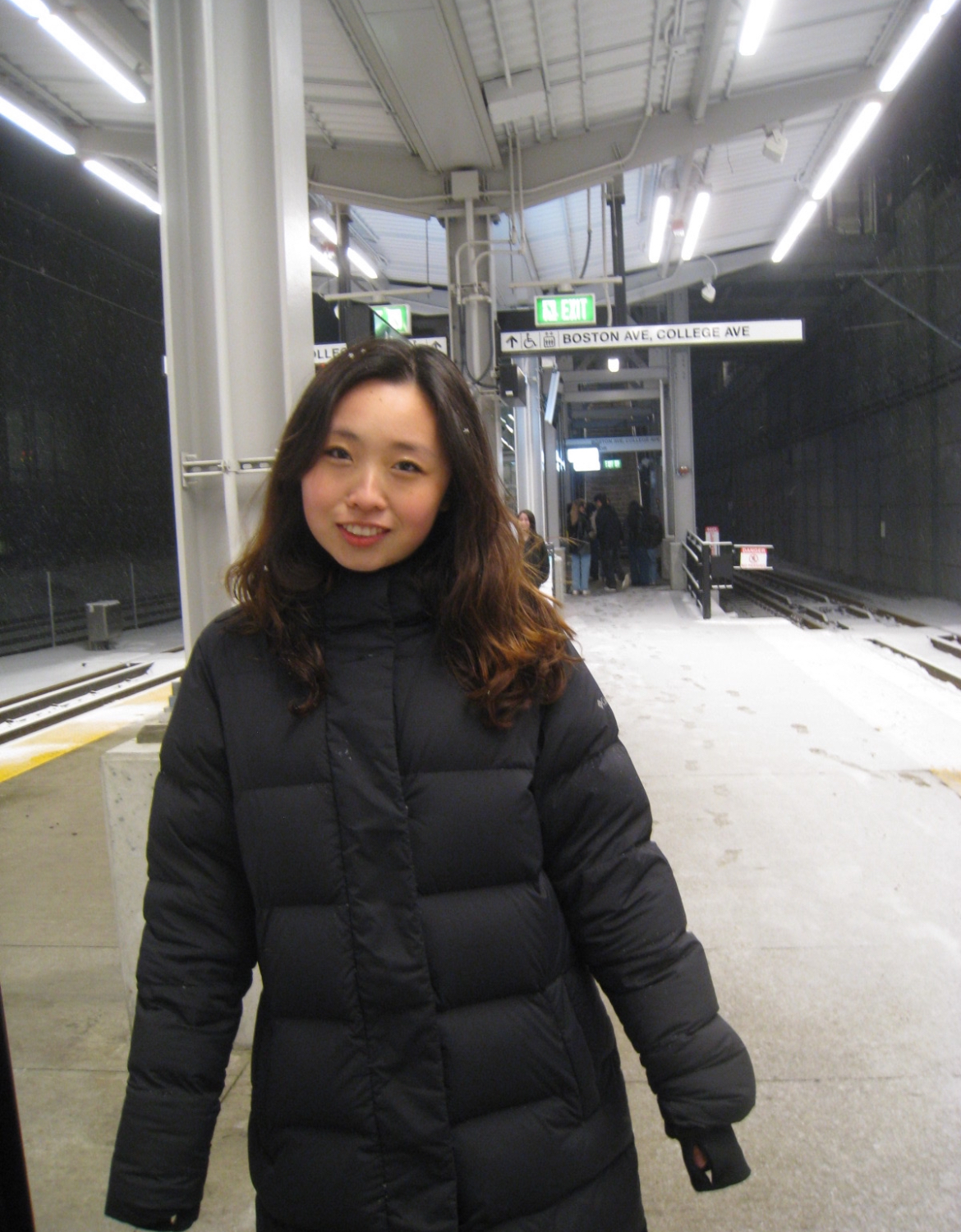
Claire Yao
Tufts University ’27
…
University of Bath Interns
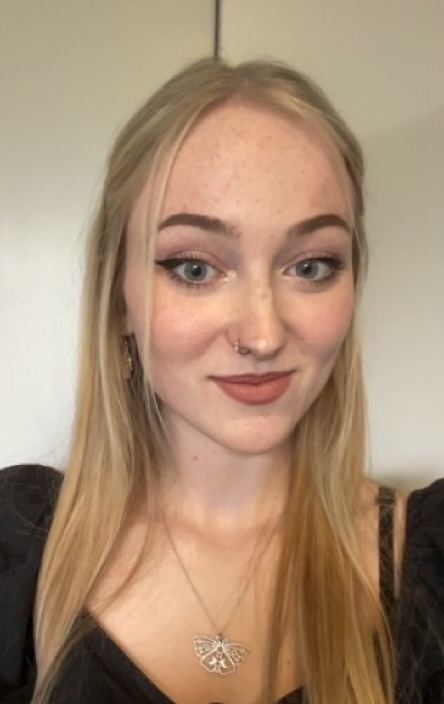
Kimi Costello
University of Bath ’26
…
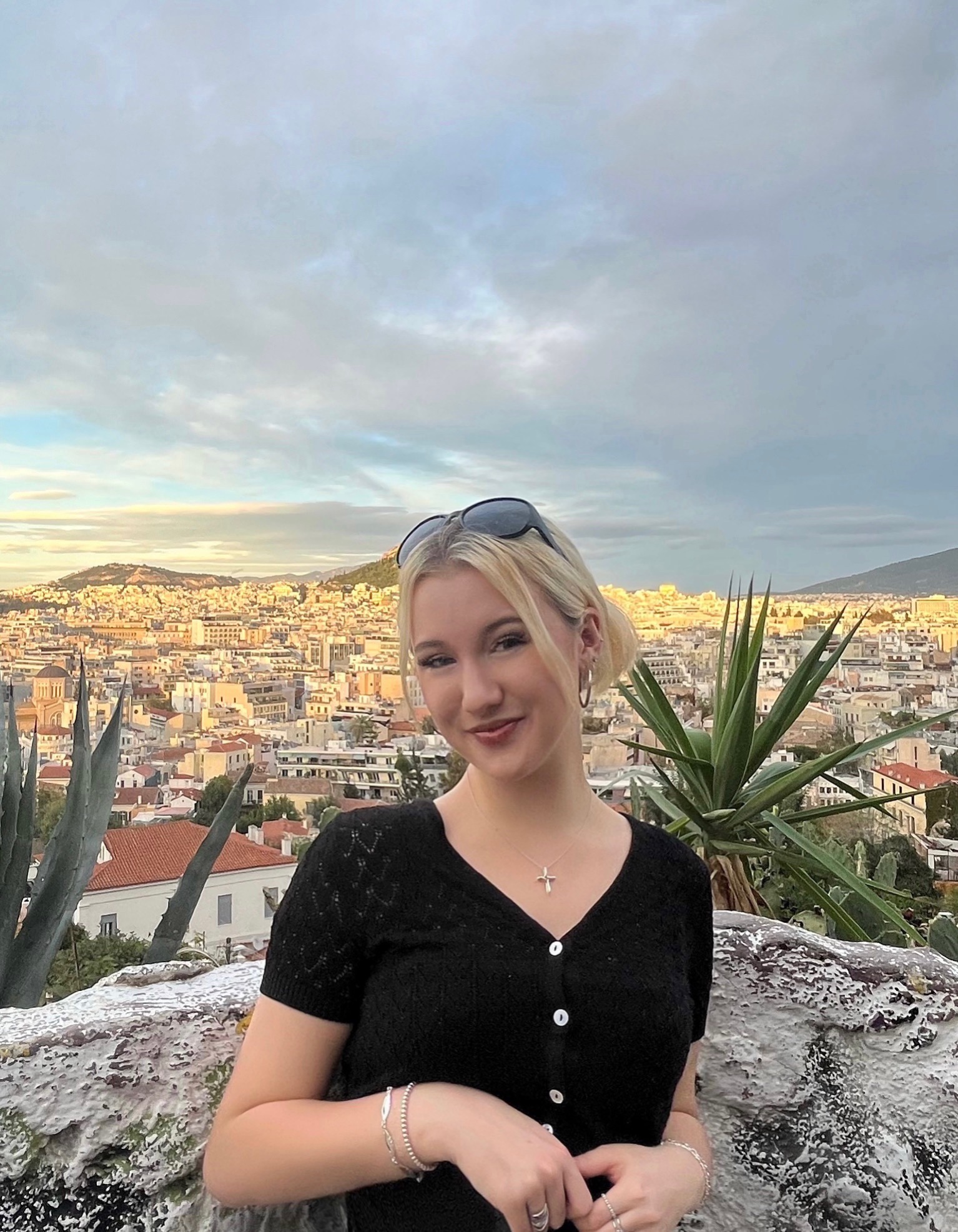
Cathlyn Boyle
University of Bath ’26
…
